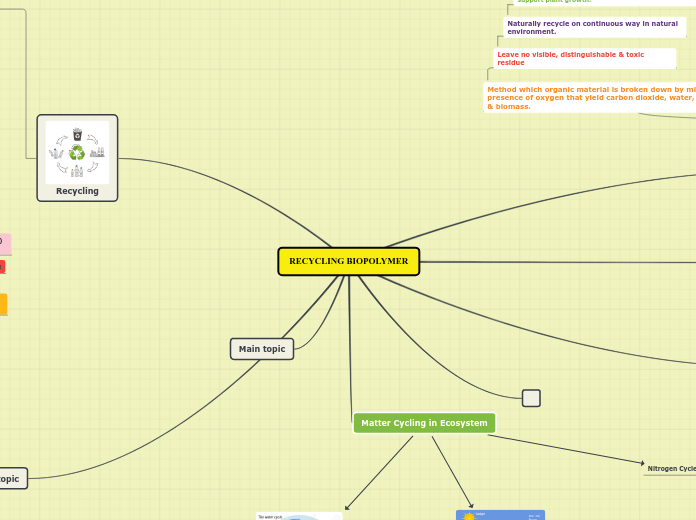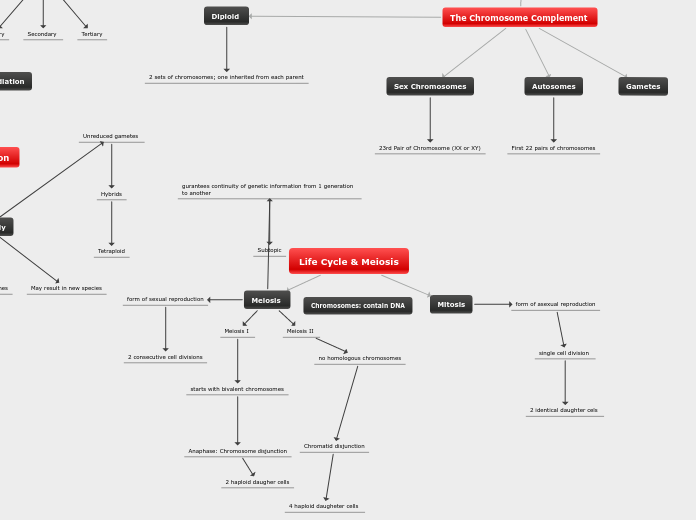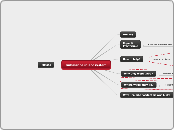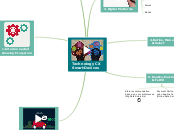RECYCLING BIOPOLYMER
Recycling
Technique to recovered waste plastic material & reuse
Mechanical Recycling
Reprocessing
Agglomeration - crumbs or agglomerates state
Extrusion- produce pellets from recycled material
Washing & Drying
Wash by cold & hot water ( 60 degree Celsius) and dried until less than 0.1% moisture
Shredding
Reduce size of scrap by shredder into smaller pile of plastic flakes.
Sorting
Plastics waste are separated from impurities and different type of plastic grade
Techniques
Eddy current separator - use of electric current to separate non-ferrous material
Induction Sorting- inductive sensor detect types of metal & separated by fast air blast
Matter Cycling in Ecosystem
Nitrogen Cycle
Carbon Cycle
nature's reusing carbon atoms, which travel from the atmosphere into organisms in the Earth and then back into the atmosphere over and over again
Carbon enters the atmosphere as carbon dioxide from respiration (breathing) and combustion (burning).
Carbon dioxide is absorbed by producers (life forms that make their own food (plants) to make carbohydrates in photosynthesis . These producers then put off oxygen
Animals feed on the plants & most of the carbon these animals consume exhaled as carbon dioxide through the process of respiration. The animals and plants then eventually die.
The dead organisms (dead animals and plants) are eaten by decomposers in the ground. The carbon that was in their bodies is then returned to the atmosphere as carbon dioxide
Water Cycle
The natural water cycle moves water from the earth to the atmosphere - and back again
Evaporation- sun heat the water, turning it into water vapor which rises into the air.
Transpiration-water vapor release into the air from people, animal & plant when warmed by sun
Condensation- cooled water vapor in air form tiny water droplets in sky
Precipitation- when water droplets fall from sky as rain, snow.
Percolation-water seeps deeper into tiny spaces in the soil and rock.
Main topic
Compostable vs Biodegradable
Subtopic
Composting
Advantages
Save landfill space
low leachate & methane gas production
Enriches soil by production of beneficial bacteria & fungi to create a rich nutrient material in plantation
Material to compost
Dairy
Paper goods
Fruits & Vegetables
Composting Vs Recycling
Method which organic material is broken down by microorganisms in the presence of oxygen that yield carbon dioxide, water, inorganic compounds & biomass.
Leave no visible, distinguishable & toxic residue
Naturally recycle on continuous way in natural environment.
The end product or compost can be apply to support plant growth.









